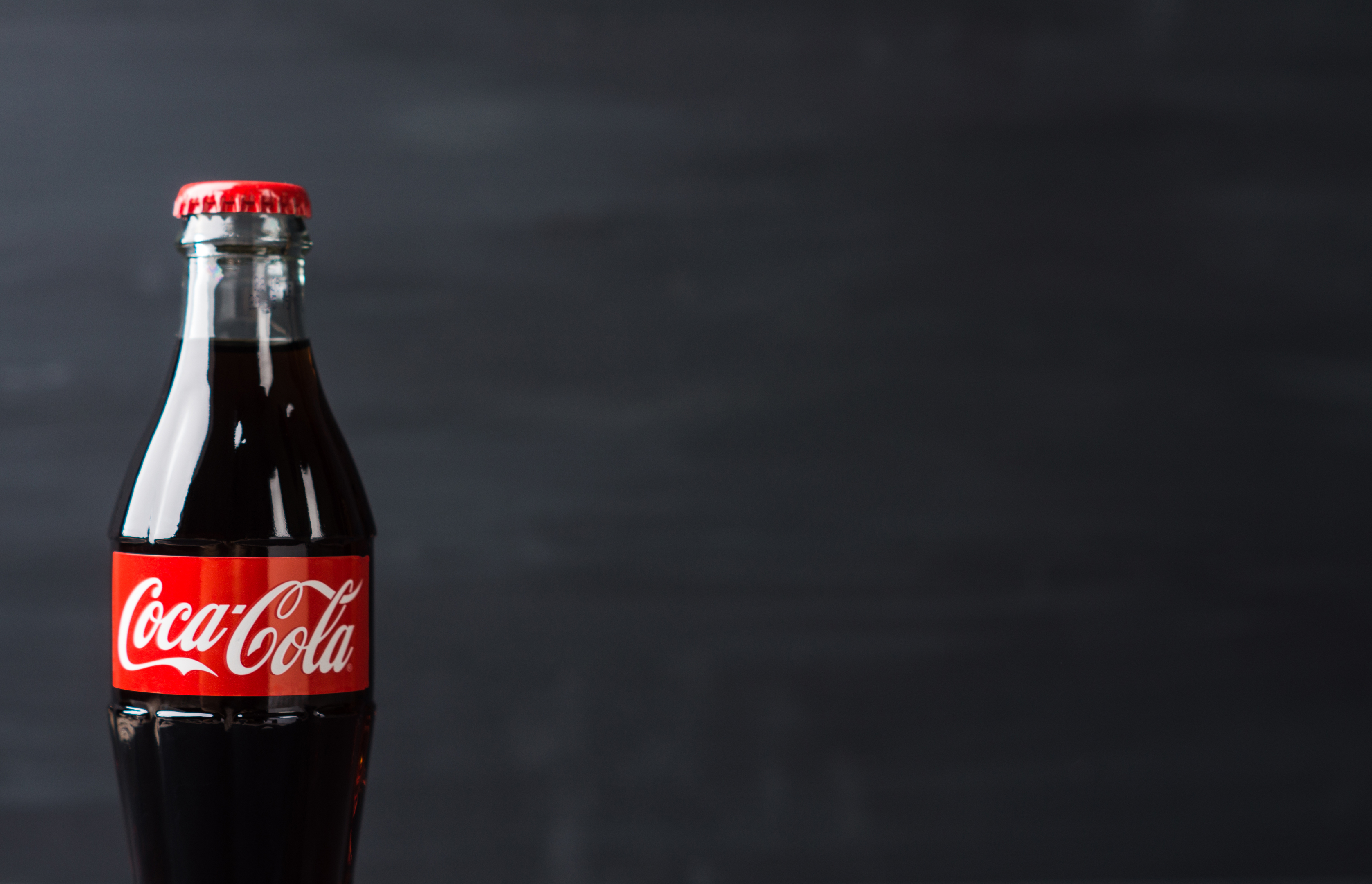
DRINKS giant Coca-Cola has given its backing to a campaign to introduce a deposit return scheme for cans and bottles in Scotland.
A spokesman for the soft drink firm said the “time is right” to try new measures “such as a well-designed deposit scheme for drinks containers, starting in Scotland where conversations are under way”.
Campaigners calling for such a scheme to be introduced welcomed the intervention, stating Coca-Cola had previously opposed similar schemes.
John Mayhew, director of the Association for the Protection of Rural Scotland (APRS), said: “This is truly a landmark moment and we are very pleased to add Coca-Cola to the list of companies which agree that Scotland needs a deposit return system for drinks containers.”
The APRS has led the Have You Got The Bottle? campaign, which is urging ministers to bring in a scheme where shoppers would pay a deposit when buying products in cans and plastic or glass bottles, with the money refunded when they return the empty containers.
Mr Mayhew added: “I am optimistic that Cabinet Secretary Roseanna Cunningham will in due course announce that Scotland will join the growing community of countries around the world which use deposits to boost recycling, cut litter and promote the circular economy.
“The crucial next step is for ministers to design a system that works well for the public, for local authorities and for small Scottish businesses, including retailers as well as producers.”
He made the comments after a Coca-Cola spokesman told Holyrood magazine: “It’s already clear from our conversations with experts that the time is right to trial new interventions such as a well-designed deposit scheme for drinks containers, starting in Scotland where conversations are under way.”
The spokesman said the firm had made “significant progress” in making its packaging more sustainable in recent years and was now looking at “ways we can collaborate with others to improve recycling rates and reduce litter”.
SNP MSP Richard Lochhead, a former environment secretary, said: “This change of heart by the world’s biggest soft drink company is a very welcome and highly significant development in the campaign to introduce deposit and return schemes for drinks containers to improve recycling and tackle litter.
“It is refreshing that such a major player in the industry is willing to change its mind after looking at how such schemes work in countries around the world.”
Calum Duncan, head of Scotland for the Marine Conservation Society, said: “A deposit return system for drinks containers is the easiest next step we could take to reduce plastics in the marine environment.
“It’s great to see Coca-Cola recognise the advantages for them, and for society more generally, and we welcome their support for this campaign.”
WWF Scotland director Lang Banks said: “We very much welcome this move by Coca-Cola and encourage other drinks manufacturers, retailers and businesses to follow their lead.
“Well-planned deposit return systems have a major role to play in helping to cut wasteful use of resources and preventing marine pollution.”

Enjoy the convenience of having The Sunday Post delivered as a digital ePaper straight to your smartphone, tablet or computer.
Subscribe for only £5.49 a month and enjoy all the benefits of the printed paper as a digital replica.
Subscribe